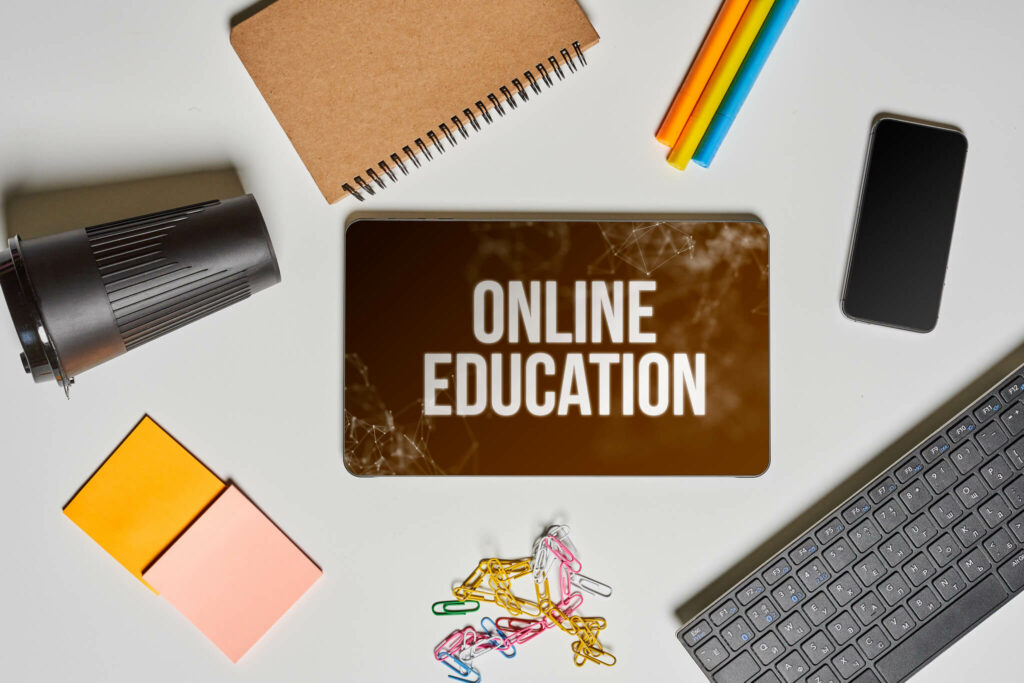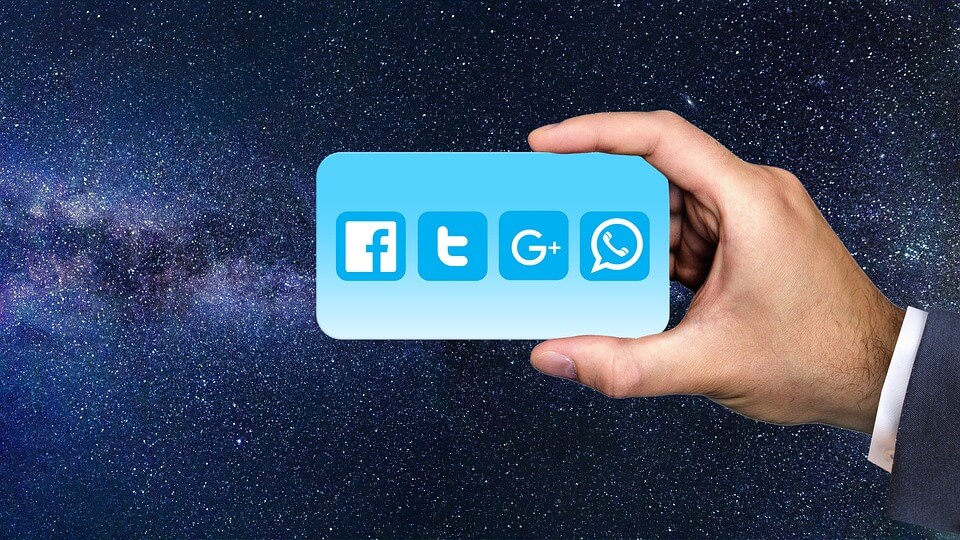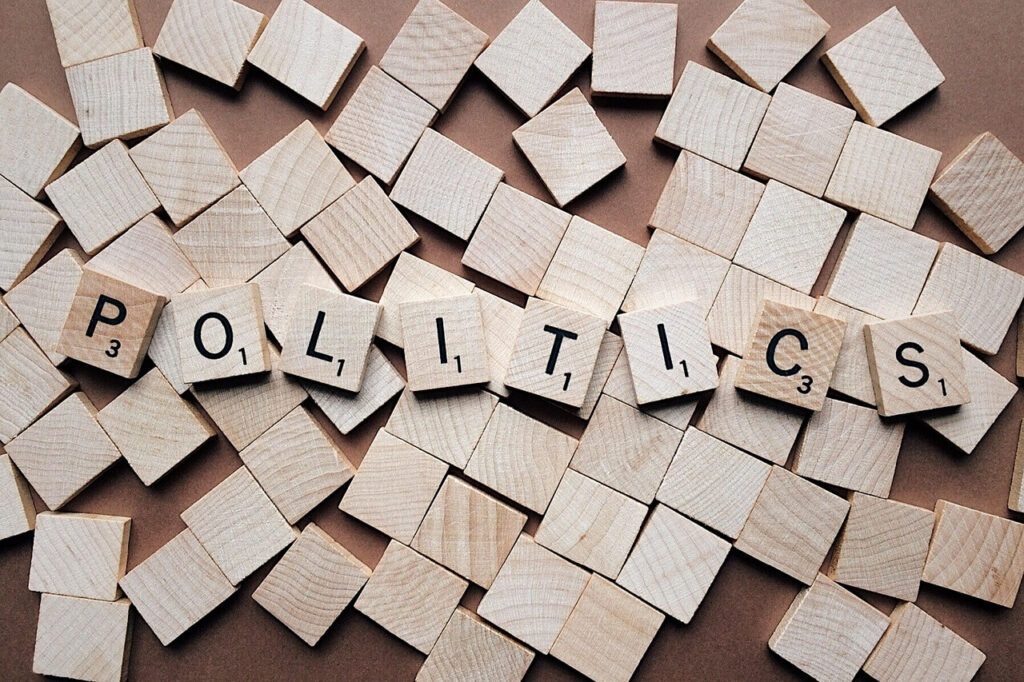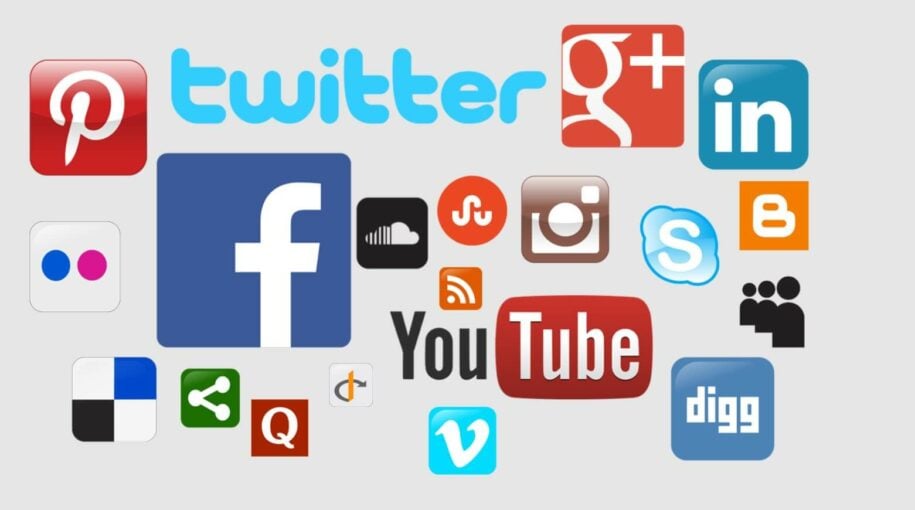It’s over two decades since social media started taking the world by storm. Creative and tech-savvy individuals backed by huge investments have been crucial in building state-of-the-art social networks. The results have been overwhelming.
For instance, businesses that were beforehand unheard of can now reach audiences. Communication and meeting new people are a breeze. In short, the benefits of networking platforms are enormous. However, the disadvantages of social media for businesses and people, in general, can be significant. Some of which can adversely affect one’s physical and mental health. This article will discuss these downsides and proven ways to overcome them. Let’s jump in!
Table of Contents
What Are the Disadvantages of Social Media for Students and Education?

Here are some of the most telling disadvantages of social media for education:
Distractions
Social media can significantly distract students from their studies. Thanks to constant notifications and the temptation to check their feeds, students may find staying focused on their academic work challenging.
Cyberbullying
Networking platforms are breeding grounds for bullies. Unfortunately, victims who are students may feel anxious, depressed, or isolated, making it difficult to concentrate on their studies.
Time-wasting
One of the biggest flaws of social media is how much time it takes away from young adults. What’s more, this happens without even knowing. Students may focus more on scrolling through their feeds than engaging in productive activities.
Addiction
Social media addiction is a growing problem. Sadly, students are not immune to it. Educators need to be aware of the potential risks of social media addiction and take steps to limit its use to maintain students’ physical and mental well-being.
What Are the Disadvantages of Social Media for Business?

Next, let’s look at some of the disadvantages of social media for business:
Time-consuming
Maintaining a solid social media presence can be time-consuming. Businesses must regularly create and publish content, respond to comments and messages, and analyze social media metrics. This can take up valuable time that could be spent on other business activities.
Negative feedback
Social media can amplify negative feedback and reviews about a business. Even one nasty comment can go viral and damage a company’s reputation. Hence, the tedious task of managing this feedback and addressing customer concerns is crucial to maintaining a positive brand image.
Dependence on algorithms
Social media giants use complex algorithms to determine what content users see on their feeds. This means that businesses cannot control who sees their content, which can limit their reach and effectiveness.
Difficulty measuring ROI
Measuring the return on investment (ROI) for social media marketing can be challenging. Determining which social media activities directly contribute to sales or other business goals can take time and effort.
Security and privacy concerns
Social media platforms are vulnerable to hacking and data breaches, compromising sensitive business information and damaging customer trust.
What Are the Disadvantages of Social Media for Politics?

Social media has become a powerful tool for political campaigns but has several disadvantages that can negatively impact political discourse and democratic processes. Some of these include:
Spread of misinformation
Politics, as we all know, is a dirty game. But it gets worse when scandals and false information is available in the public domain. Our subject matter is one great tool to facilitate this. Social media can be a breeding ground for “fake news,” which can spread rapidly. This can lead to confusion and mistrust in the political process.
Polarization
Networking sites can contribute to political polarization, with users being exposed primarily to views that align with their existing beliefs. This can create echo chambers, making it difficult for people to engage in constructive political dialogue.
Cyberbullying and harassment
Unfortunately, cyberbullying is not limited to the students’ world. Politicians and their supporters may be subject to bullying and harassment on social media. This can discourage people from engaging in political discourse, leading to violent threats.
Lack of privacy
Politicians may have their personal information and activities exposed on social media, compromising their privacy and safety.
Disinformation campaigns
Ill-minded individuals can use social media to spread campaigns designed to interfere with political processes, such as elections. This can significantly impact the democratic process, leading to mistrust and even violence.
How to Cope with the Negative Impact of Social Media?

If you are experiencing a variety of issues relating to social media abuse, there are smart ways to take back control of your life.
Limit your usage
One of the simplest and most effective ways to cope with the negative impact of social media is to limit its usage. Start by setting boundaries for yourself or taking regular social media breaks throughout the day.
Curate your social media feeds
Social media feeds can be overwhelming and can contribute to feelings of anxiety or depression. Take the time to curate your feeds, unfollowing or blocking accounts that promote negativity or trigger negative emotions.
Practice mindfulness
Mindfulness techniques, such as deep breathing or meditation, can help manage negative emotions related to social media use. It is the practice of being present in the moment and fully engaged with one’s thoughts, feelings, and surroundings. This can help individuals become more aware of their networking habits and develop greater control over their usage.
Seek support
If you are struggling with negative emotions related to social media use, seeking support from friends, family, or a mental health professional can be helpful. Talk about your concerns and feelings, and work together to develop strategies to cope with negative emotions.
Use social media for positive purposes
While social media can have a negative impact, it can also be used for positive purposes: staying connected with loved ones or advocating for social causes. The more you engage in positive activities, the higher your chances of getting positive outcomes. You’d want to focus on using social media in ways that promote positivity and well-being.
Conclusion
There you have it – an overview of the disadvantages of social media for politics, business, students, and education. We didn’t just stop there; we uncovered proven ways to help you handle the downsides. By implementing the strategies outlined in this article, individuals can learn to cope with the negative impact of social media and harness its power in positive ways. We must use social media responsibly and make it a force for good in our lives and society.
- How to Create a Winning Social Media Strategy for Your Business? - October 12, 2023
- Elevate Your Online Presence: Tips for Better Social Media Use - October 12, 2023
- The Ultimate List of Top Social Media Apps and Sites - October 12, 2023

